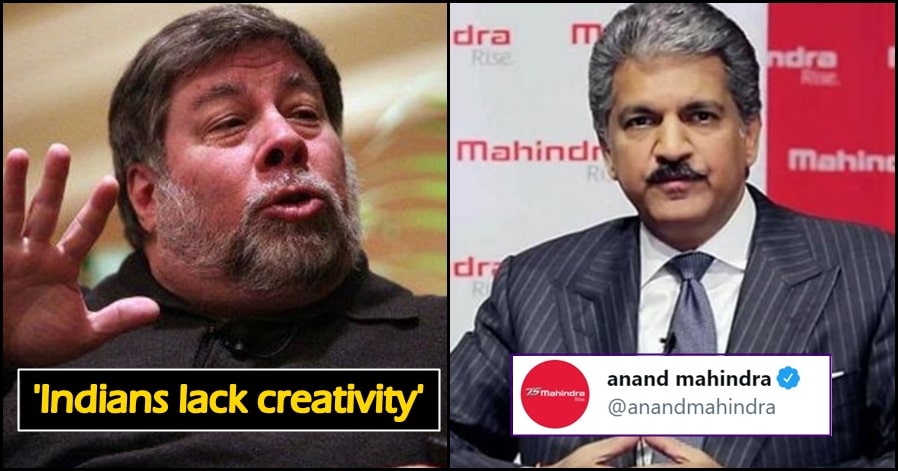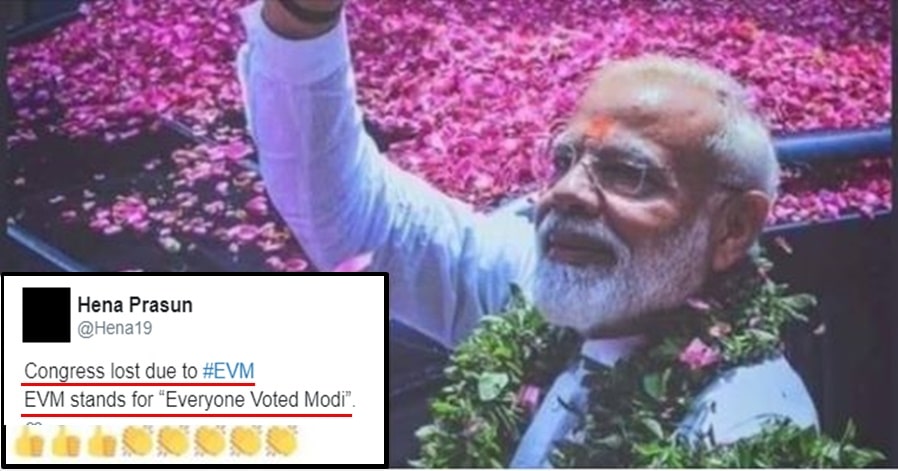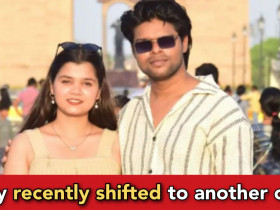Solar power is the conversion of energy from sunlight into electricity. It is now seen as the next big thing in India. Solar Energy techniques came to light in 2006 and it is now gradually reaching out to all parts of the nation. Since solar panels are a one-time investment with a guaranteed life of 25 years, ‘solar energy’ could make a huge difference in people’s lives in the times to come.
A unique idea has emerged from Nagpur where a Man has converted his second-hand Maruti van into solar-powered vehicle. It took him 25 years to attain perfection in his innovation. His innovation idea is widely praised in the country.
It is being said that his electric vehicle has so far covered a distance of 4,500 kilometers without any jolts and hurdles. In 2018, the 66-year-old Dilip Chitre converted his van to a Solar-Powered Van. He has traveled 4,500 kilometers by this car so far. He is currently using lithium batteries in the car. This means that there is no fuel being burned and therefore It does not emit CO2 while being driven.
Dilip has been working on solar energy for more than two decades. His first idea was to make a solar energy powered car but when he did not succeed, he carried out several solar experiments on other things.
“Every day I cover approximately 25 kilometres by driving it from my house to the school. There is no additional maintenance service and all it requires is sunlight for a smooth run. People park their cars in the shade and I park mine under the sun,” Chitre tells The Better India.
As a curious kid, Chitre had the habit of dismantling his toys and adding things to make a new toy. His interest in innovation and, by extension, the scale and volume of his experiments grew with time.
Chitre has worked on several small-time innovations like developing a system that prevents stealing petrol from bikes. In 1995, when Chitre learnt of the benefits of solar energy, he began tinkering around with solar energy and electric vehicles.
In 2003, after years of research, Chitre conducted his first experiment on an auto rickshaw in which he replaced the engine with an electric battery. Chitre even took the effort of getting it tested in the Regional Transport Office in Nagpur, “I thought if the electric rickshaw clears the test, it can be introduced commercially in the market. It did clear the test but due to insufficient resources, it met a dead end.”
He also made a presentation of the e-rickshaw at the Petroleum Conservation Research Association in Dehradun but unluckily, he did not receive any response, “Honestly, I was discouraged so I quit working on vehicles.”
Chitre then channelised his knowledge by experimenting on household appliances. For instance, four years ago, he installed 140 lights in his friend’s car showroom that run on solar. In 2017, after gaining experience in solar-run devices, his passion for vehicles rekindled.
To that end, he purchased Mahindra’s e2o electric car for Rs 10 lakh to convert it into solar-run car. He worked on it for a year but the experiment failed. Instead of giving up, Chitre applied new methods to a second-hand van that cost him Rs 5 lakh. He replaced the engine with a 48 volt battery, a DC motor, gear box, charge controller and an electronic accelerator.
He installed a speed regulator and installed solar panels with a capacity of 400 watts on the roof of the car. The battery stores the electricity generated from the solar panels and sends it to the motor where it gets converted into mechanical energy with the help of the gearbox. As for charging the battery, he has had to recharge it only two twice in eight months.
Seeing the success of the van, Chitre wishes to replicate the system in school buses and rickshaws but his hands are tied due to financial constraints. “I do not have that kind of money to get equipment to help rickshaws run on solar power. My method is primitive. But, with the necessary research and development, I am certain it can change the face of public transportation in India,” Chitre says.
Chitre is only one of the many people who are striving towards pollution-free vehicles, but many of these experiments fail to take off due to lack of resources and support.
We hope organisations working in the field come forward and support such brilliant ideas.











